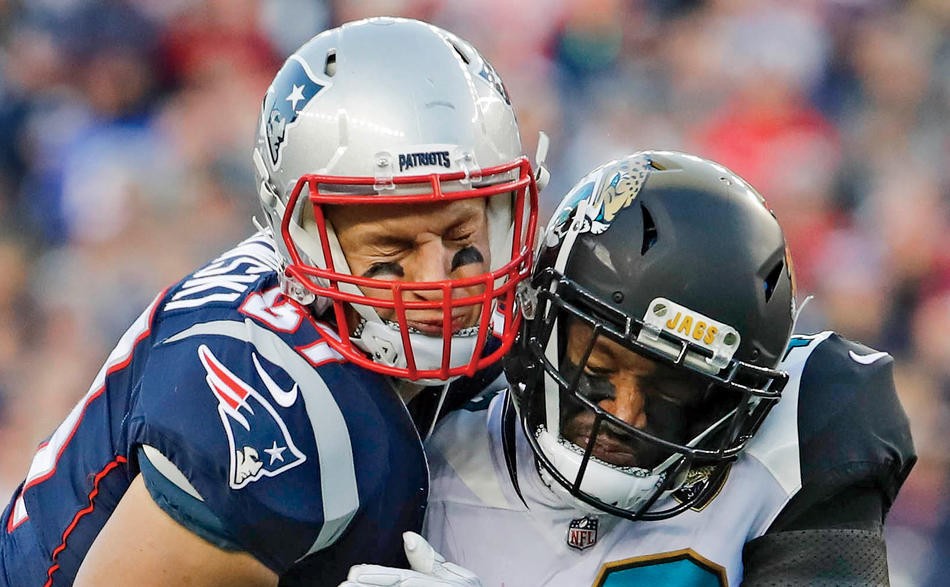You have likely dealt with a case before where a motorcyclist, skateboarder, or bicyclist was subjected to a comparative negligence defense by an insurance company because they were not wearing a helmet and sustained a TBI.
It is easy to fall prey to the common sense notion of this statement and concede a percentage of negligence on behalf of your client who wasn't wearing a helmet.
This was actually brought up to me recently by a top trial attorney who referred a TBI patient to us who was very near and dear to his heart- his own daughter. She was riding her bicycle near their home and struck by a truck speeding through a residential street.
As if your own child sustaining a TBI was not bad enough, the insurance carrier put an initial offer on the case that was insulting to the point of absurdity. Based on the facts he shared with me I believe a significant portion of their position stems from the fact that this young lady was not wearing her helmet at the time of the collision.
But did you know that helmets don't prevent concussions or brain injury? I know that statement seems to fly in the face of everything you've heard, but this is well known in the biomedical and mechanical engineering world (the people who design helmets).
Simply put, helmets prevent skull fractures, not brain injury. So while very important, they are not a preventative tool for TBI.
Watch the 15 minute TedTalk below from Stanford researcher (and former football player) David Camarillo PhD that will provide excellent insight into this topic and true nature of TBIs.
As Dr. Camarillo, the bioengineer presenting the TedTalk points out, wearing a helmet does not eliminate the forces that cause TBI, it merely shifts them inward towards the brain. While the foam padding inside the helmet does absorb some of the impact, a majority of the forces are directed inwards.
He also points out that the CDC, based upon his computer modeling of brain injury, is incorrect in how they are depicting the forces involved. Rather than the brain "sloshing" against the skull, the movement that takes place is really inside the brain itself.
As I've discussed before, the brain is not made primarily of firm tissue, but rather is much more viscous in nature, like firm jello or tofu. Therefore the structures injured are not necessarily just the outer parts of the brain. According to Dr. Camarillo's data it turns out the inner portions of the brain are often damaged from a shockwave of force transmitted inwardly in the soft brain material.
So while helmets are an important safety tool for preventing skull fractures or head abrasions, they do not offer substantial protection to the brain.
Don't let a helmet give you a false sense of security when it comes to you or your loved ones, and don't let the lack of a helmet become a weapon used by insurance companies to unfairly marginalize your client's injuries.
If you or someone you know would benefit from TBI diagnostics or therapy at any of our locations across Florida, please reach out via email at drwalker@flspineandinjury.com or you can call directly at 904-616-1284.
-1.png?width=120&height=108&name=Ethos%20Health%20Group%2c%20(1)-1.png)



Leave a Comment